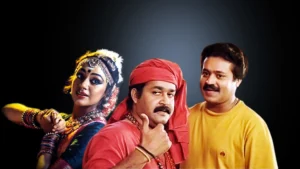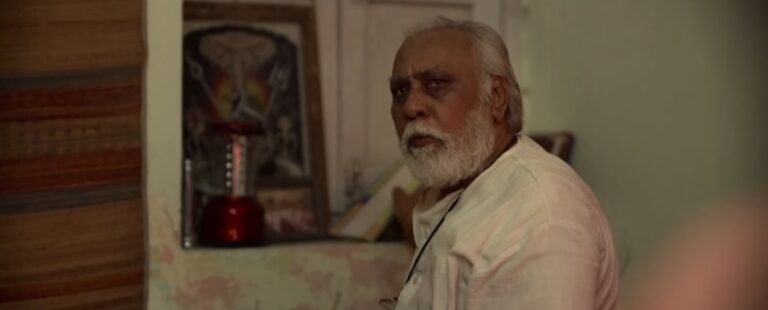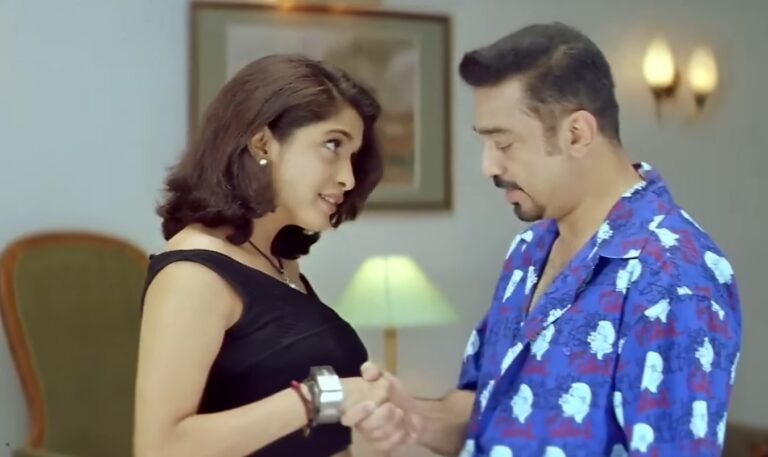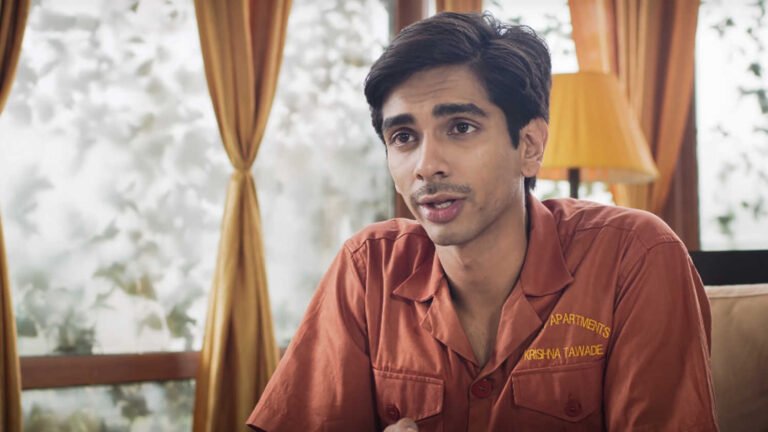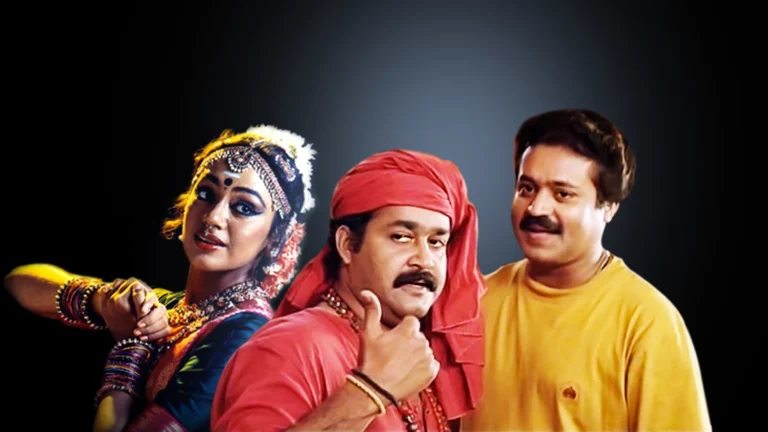Indian cinema is full of movies that deal with themes of spirituality and religion. Many, in specific, deal with the idea of reincarnation, which is a major tenet of the Hindu faith (among others).
Even in the myriad movies about these topics, Karz stands out on its own. Often regarded as a classic Hindi film, it’s not hard to see why this film has been loved by audiences and stood the test of time, despite dealing with a topic that has its fair share of cryptics.
Karz — Review At A Glance
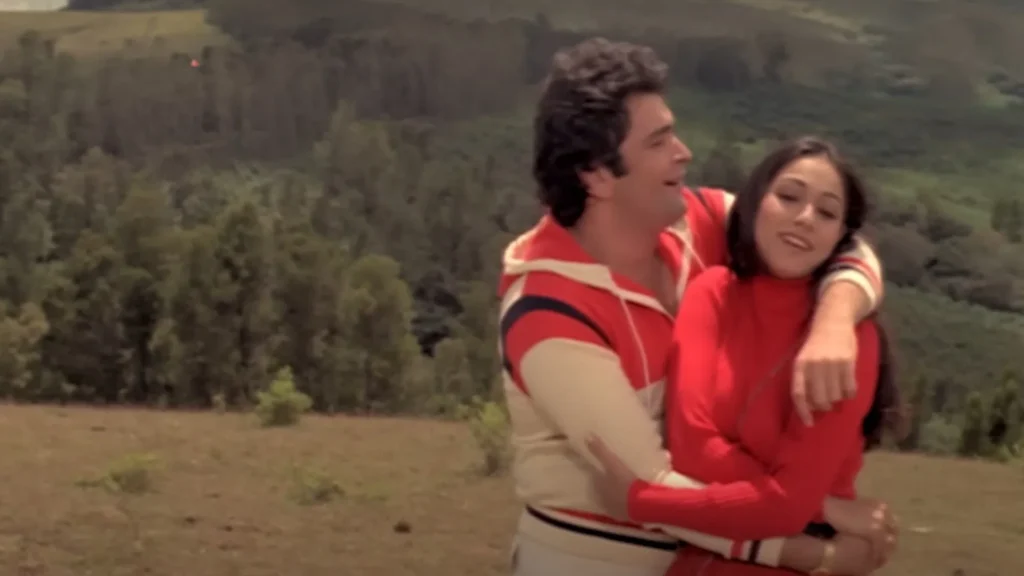
- Story: 3.5/5
- Acting: 4/5
- Music: 5/5
- Direction: 3/5
Pros: A fast-moving, highly entertaining story
Cons: It’s hard to think of any
Must-Watch: Yes
When to Watch Karz: When you want something that has a mix of romance, thrill, and comedy
Karz Review — A Deep Dive
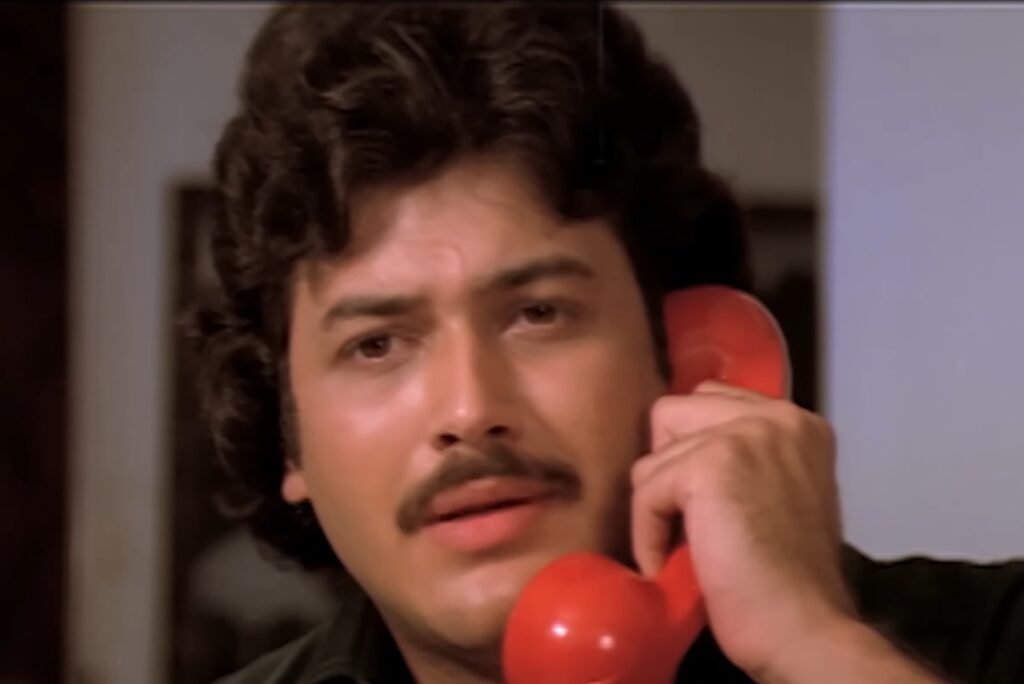
For what it’s worth, while Karz may not have been the most successful movie when it was first released, the truth is that it has cemented its legacy in Bollywood in the years since.
It does deal with some rather profound topics like death and incarnation, but it’s not a heavy film that deals with the philosophy behind these concepts. It’s a simple film about love and revenge — one that merely uses reincarnation as a plot device.
Karz is one movie that truly offers you a bit of everything — humour, drama, entertainment, and great music. In fact, the songs of Karz have been a cornerstone of Bollywood, having inspired many remakes and remixes.
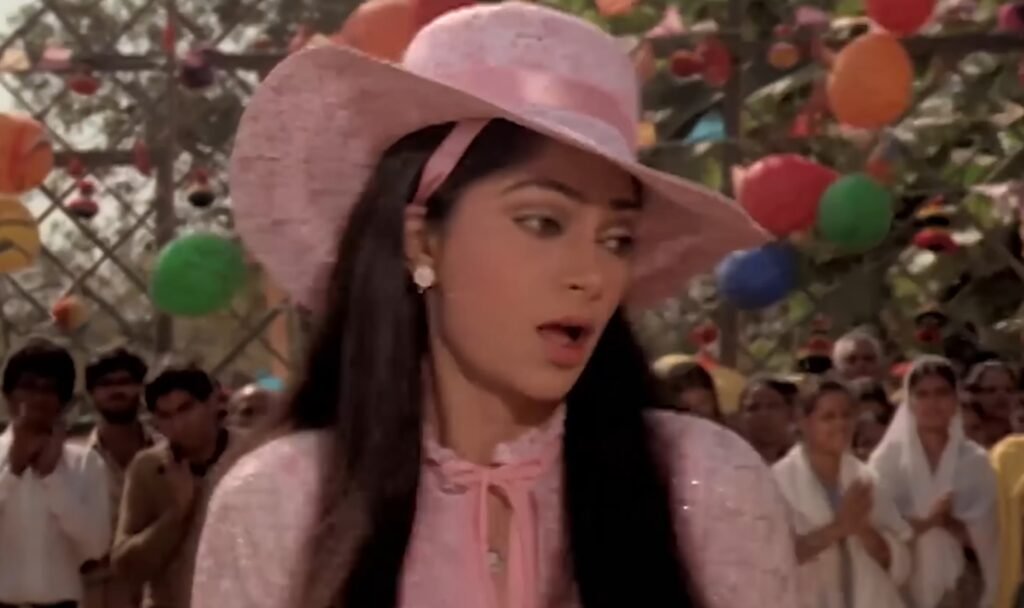
Despite all this, there’s something about Karz that stands out.
So many other pieces of art have used this film as an inspiration, but Karz is still in a league of its own, even four decades after its release. Nothing has really come close to the original movie (but if you’re still looking for a similar recommendation, then Shah Rukh Khan’s Om Shanti Om is worth checking out).
Hence, Karz ends up being quite entertaining in a manner that is enjoyable even for cryptics or non-believers.
After all, it is just a movie… So it’s really not that deep.
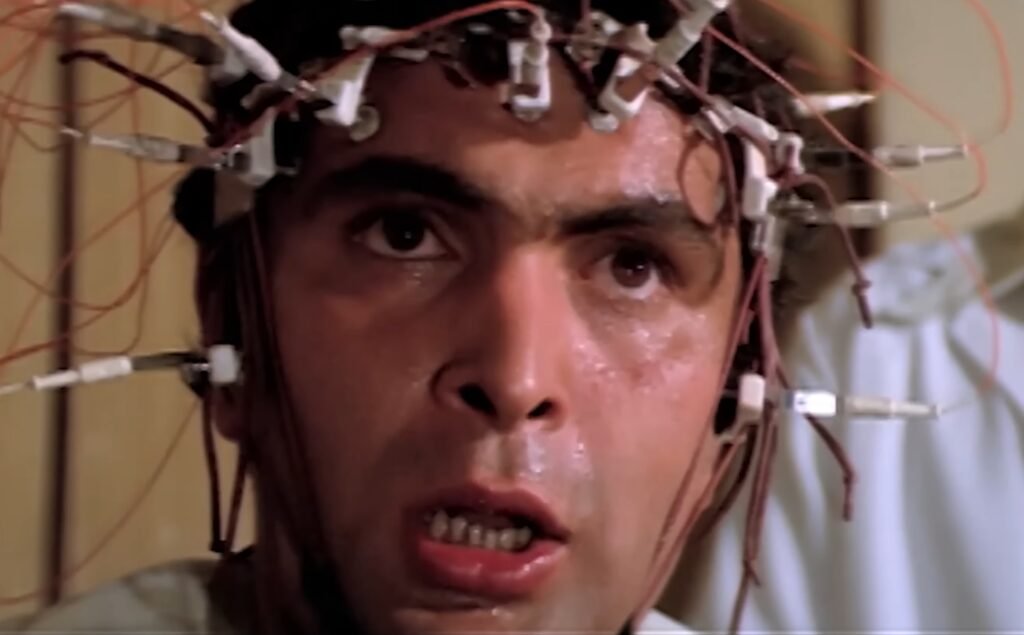
Karz features an ensemble cast that includes Rishi Kapoor, Simi Garewal, Tina Munim, Raj Kiran, and Pran, to name a few. All the actors work so wonderfully with each other; it really brings the story alive.
In particular, Kapoor and Garewal have this sublime dynamic despite the animosity that surrounds their characters. Munim, too, fills Tina’s shoes in a way that is hard to describe but just makes sense.
As for the soundtrack, Karz has given us some insane bangers that are still beloved by audiences today. This really isn’t surprising since the duo of Laxmikant-Pyarelal is behind the music, and Kishore Kumar and Mohammed Rafi lend their voices to the song.
Karz Plot Overview

Ravi Verma, a wealthy young heir, marries the enigmatic Kamini, only to meet a tragic end when she murders him to seize his fortune and shatters his family.
Years later, Monty Oberoi, a rising pop star, starts experiencing haunting visions of a life he cannot recall. These vivid flashbacks reveal that Monty is the reincarnation of Ravi Verma, destined to uncover the truth about his past life.
Monty then embarks on a dangerous journey to bring Kamini to justice and restore the honour of the Verma family.

